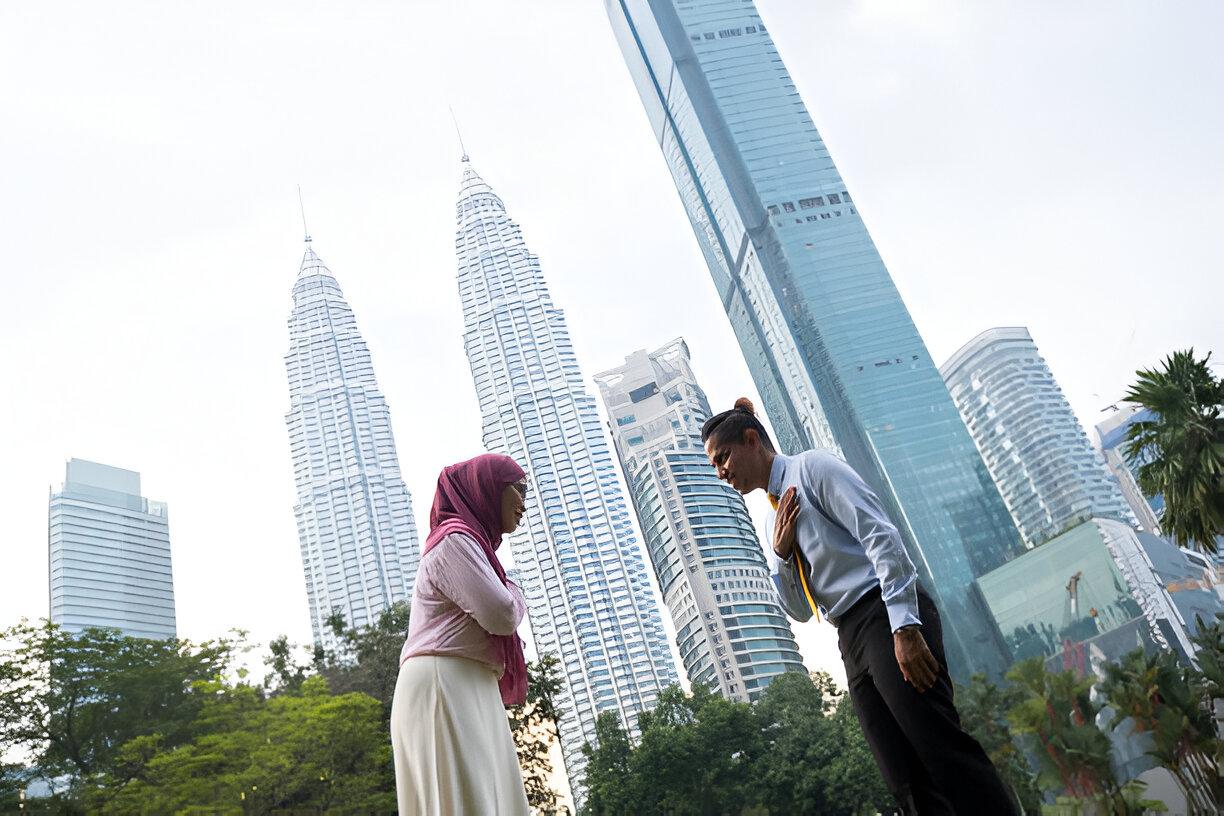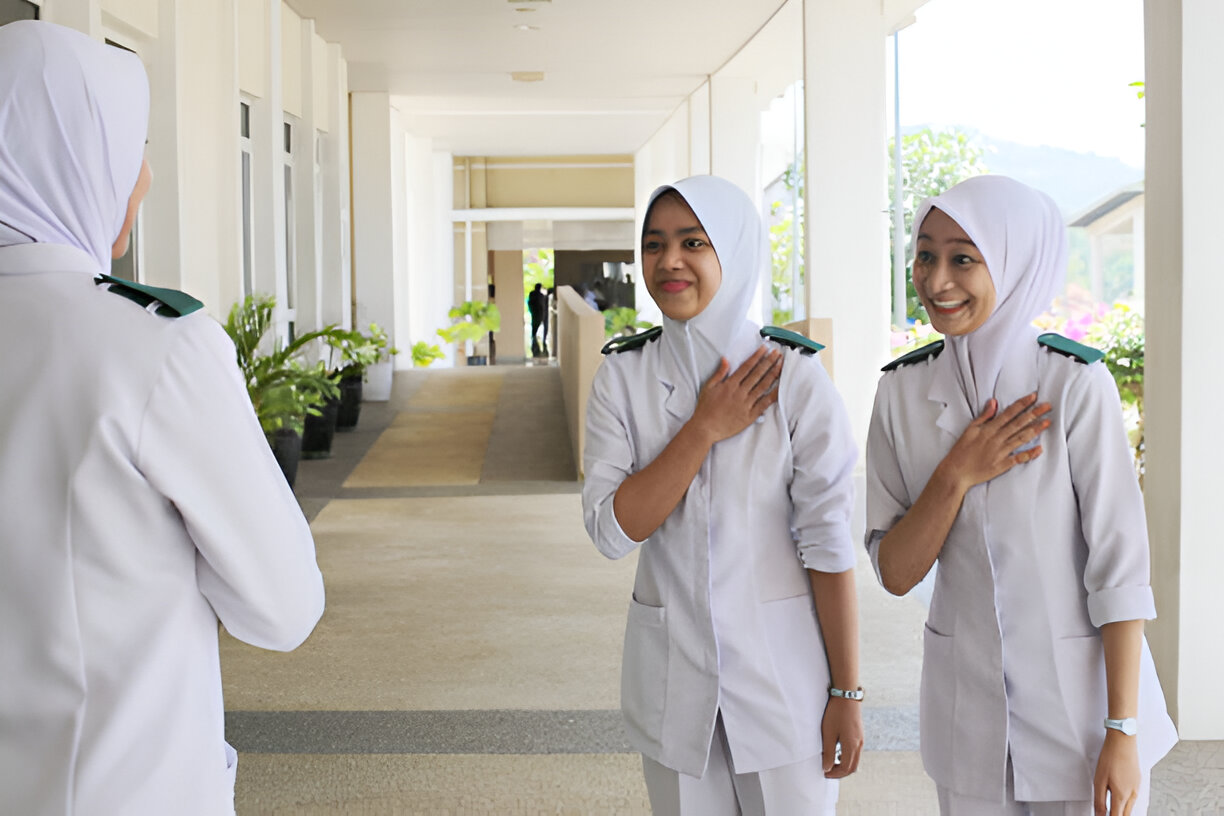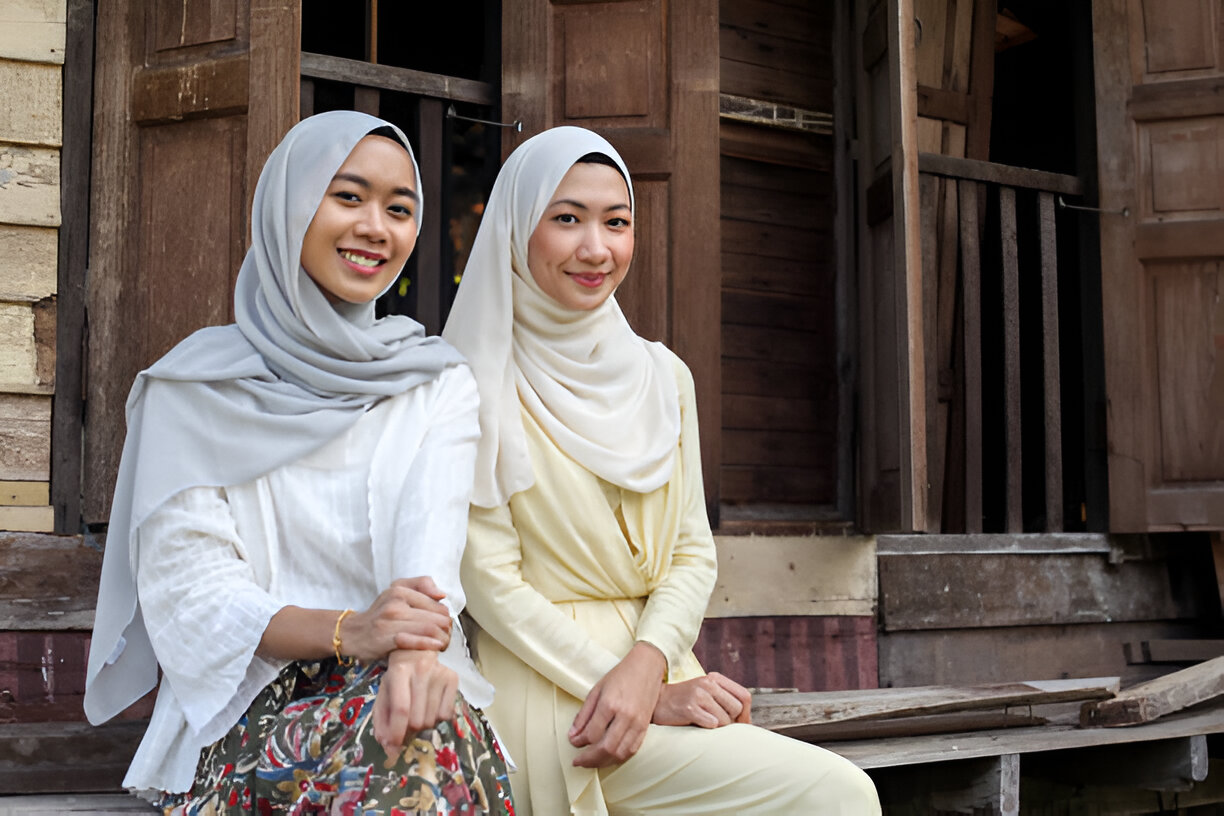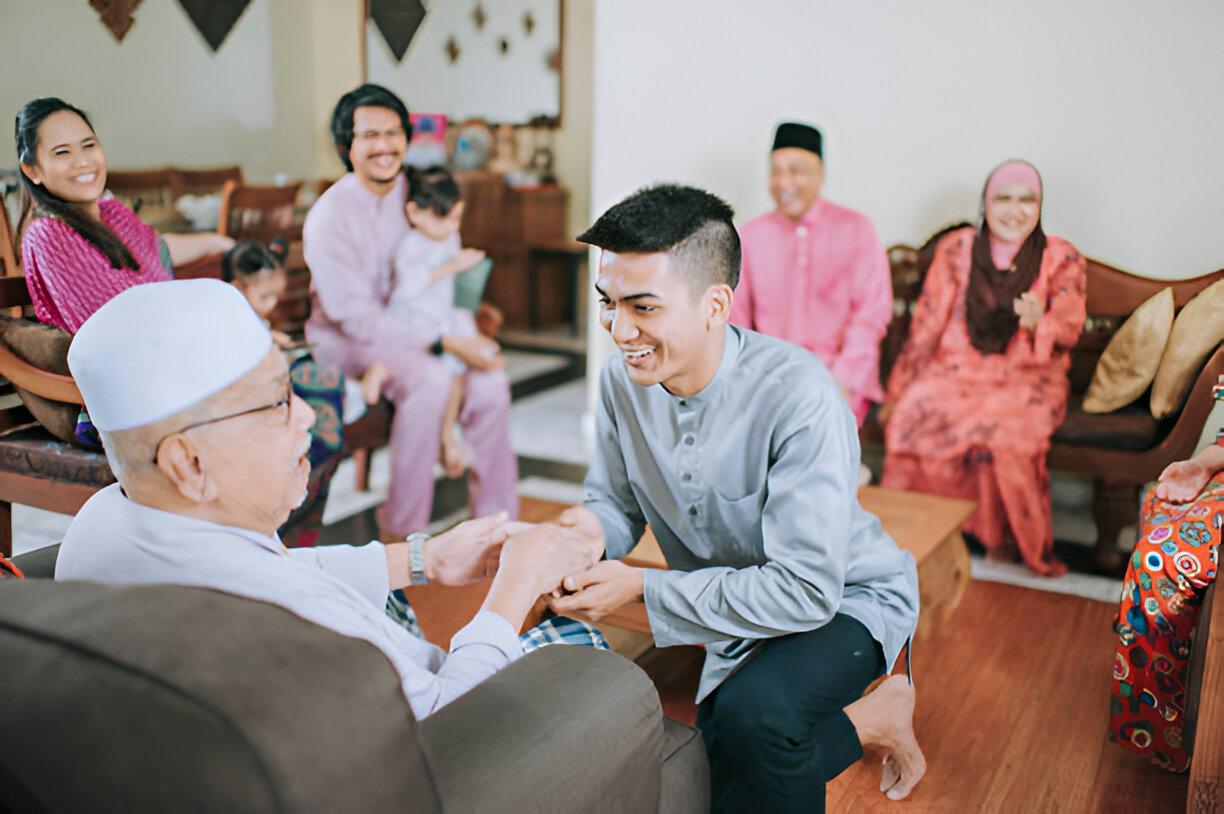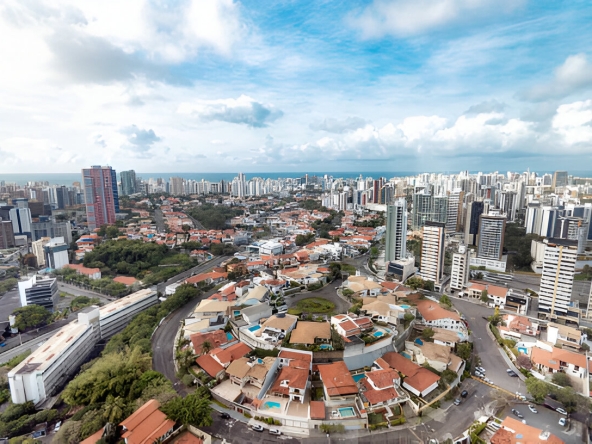Kuala Lumpur, Malaysia’s bustling capital, is a melting pot of cultures, traditions, and religions. It’s home to a diverse population made up of Malays, Chinese, Indians, and various indigenous and expatriate communities. As a visitor, understanding and respecting the local customs and cultural norms is key to having a smooth and enjoyable experience. Here’s a guide to the cultural etiquette and customs you should keep in mind when visiting Kuala Lumpur.
1. Greetings and Addressing People

Greetings in Malaysia vary depending on the cultural background of the person you are meeting.
- Malays: The traditional Malay greeting is the “salam,” similar to a handshake but using both hands without a firm grip, followed by bringing the hands to the chest, signifying sincerity. If a woman does not extend her hand for a handshake, it’s best to smile and nod as a sign of respect.
- Chinese Malaysians: They often greet with a simple handshake, but it may be lighter than Western handshakes. When greeting elders or someone of higher status, a slight bow shows respect.
- Indian Malaysians: A handshake is common among men, but among women, a “namaste” gesture with palms together may be preferred. As with Malay culture, it’s respectful to use titles when addressing others.
Always address people formally, especially in business or formal settings. Using titles like “Mr.,” “Mrs.,” “Encik” (for men), or “Puan” (for women) is customary, followed by their surname.
2. Dress Modestly

Kuala Lumpur is modern, but modesty in dress is still appreciated, particularly in religious or more conservative areas. When visiting mosques or temples, it’s essential to cover your shoulders and knees. Women may be required to wear a headscarf when entering mosques. Some temples may also require you to remove your shoes.
- Pro Tip: Carry a light scarf or shawl in your bag in case you visit religious sites, as this can double up as a cover when needed.
3. Respecting Religion

Malaysia’s official religion is Islam, and Kuala Lumpur has a significant Muslim population. However, the city is also home to Buddhists, Hindus, Christians, and other religious groups, all of whom have their own religious practices and festivals. Here are some general tips to respect the religious diversity:
- Mosques: When visiting a mosque, observe silence and dress appropriately. Non-Muslims are typically welcome to visit, but certain areas may be off-limits during prayers.
- Temples and Churches: In Hindu and Buddhist temples, remove your shoes before entering and avoid pointing your feet toward altars or statues of deities. Silence or quiet conversation is appreciated.
- During Ramadan: If visiting Kuala Lumpur during Ramadan, the Muslim fasting month, be mindful of not eating, drinking, or smoking in public during daylight hours, out of respect for those who are fasting.
4. Dining Etiquette
Dining in Kuala Lumpur is a joyful and social affair, and while you’ll find many different cuisines, here are some important customs to keep in mind:
- Right Hand Only: In Malay and Indian communities, the right hand is traditionally used for eating, as the left hand is considered impolite for handling food. Even if you’re not eating with your hands, when passing or receiving items, it’s customary to use your right hand.
- Sharing Meals: It’s common to share dishes, particularly in Chinese dining. Wait until the host starts eating before you begin, and when serving yourself from shared dishes, use the communal utensils provided.
- Halal Food: If dining with Muslim friends or colleagues, be mindful that they follow halal dietary laws, meaning they cannot consume pork or alcohol. Many restaurants in Kuala Lumpur cater to halal diets, and it’s good etiquette to choose a halal restaurant when dining in mixed company.
5. Tipping and Payments
Tipping is not a widespread practice in Malaysia, as service charges are often included in your bill at restaurants and hotels. However, it’s always appreciated if you receive exceptional service. A tip of RM2-RM10 for waiters, bellboys, or taxi drivers is considered generous.
- Pro Tip: Carry small denominations for tips and other small purchases, as many local shops and markets may not have change for larger bills.
6. Public Behavior and Personal Space
Kuala Lumpur is a relatively conservative society, so public displays of affection (PDAs) should be minimal. Holding hands is acceptable, but kissing or other overt displays of affection are frowned upon, especially in public spaces and near religious sites.
- Personal Space: Malaysians tend to stand at a respectful distance when speaking. It’s polite to maintain a comfortable personal space when interacting with others.
- Politeness: Courtesy is highly valued in Malaysian society. Speaking softly, showing patience, and being polite will go a long way in gaining respect. Avoid raising your voice or being overly aggressive in public, as such behavior is seen as disrespectful.
7. Shoes Off Indoors
In Malaysian homes and some religious and cultural venues, removing shoes before entering is customary. Always check if there is a shoe rack outside, which is a sign that shoes should be left at the entrance.
- Pro Tip: If you’re invited to someone’s home or visit smaller establishments like spas or traditional shops, it’s polite to ask if shoes should be removed.
8. Gift-Giving Etiquette
Gift-giving is common in Malaysia, particularly during festivals such as Hari Raya Aidilfitri (Eid), Chinese New Year, and Deepavali. If invited to someone’s home, bringing a small gift is a thoughtful gesture. When selecting gifts, be mindful of cultural sensitivities:
- For Muslims: Avoid giving alcohol or anything made of pork.
- For Chinese Malaysians: Avoid gifts associated with the number 4, as it’s considered unlucky.
- For Indian Malaysians: Gifts wrapped in red, yellow, or green are considered auspicious, while black and white are avoided during celebrations.
- Pro Tip: When giving or receiving gifts, do so with both hands as a sign of respect.
9. Language and Communication
Bahasa Malaysia is the national language, but English is widely spoken in Kuala Lumpur. It’s always appreciated when visitors make an effort to learn a few basic phrases like “terima kasih” (thank you) and “selamat pagi” (good morning).
- Body Language: Pointing with your index finger is considered rude, so use your thumb or an open hand to gesture toward objects or people.
- Titles and Respect: Using proper titles like “Encik” (Mr.) or “Puan” (Mrs.) is a sign of respect, particularly in formal or business settings.
10. Be Mindful of Time
Punctuality is appreciated, especially in professional settings. However, in social situations, being a little late (10-15 minutes) is usually acceptable and sometimes even expected. Always confirm the timing of any plans, as time is sometimes treated more flexibly in casual settings.
Kuala Lumpur is a vibrant and multicultural city where understanding and respecting the local customs can significantly enhance your experience. From greeting locals respectfully to dressing appropriately at religious sites, showing cultural awareness will not only help you blend in but will also deepen your connection with the people and places you visit. Enjoy your time in Kuala Lumpur by embracing its rich cultural diversity with an open mind and heart!


